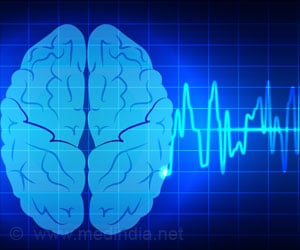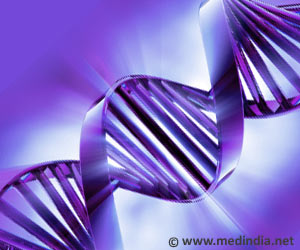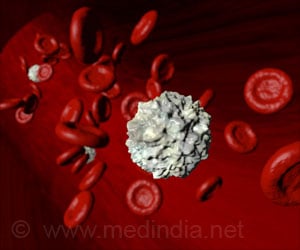A single dose of an anti-inflammatory treatment was found to reduce heart muscle damage during angioplasty procedures, says study.

Patients who received the inclacumab dose saw troponin I levels drop 22.4 percent more after 16 hours and 24.4 percent after more at 24 hours (p=0.05), compared with patients on a placebo.
CK-MB levels dropped 16.3 percent more after 16 hours and 17.4 percent more at 24 hours, compared with patients on placebo.
"It was exciting to see that a single administration of inclacumab would yield clinical benefit," said the study's lead investigator Jean-Claude Tardif, director of the Research Center at the Montreal Heart Institute.
The phase II trial examined 530 patients with a median age of 61 experiencing a type of heart attack called non-ST-elevation myocardial infarction or NSTEMI.
Patients were randomized to receive an infusion of inclacumab of 20 milligrams per kilogram, five milligrams per kilogram or a placebo one hour before angioplasty.
Many clinical trials define that threshold as the onset of a post-angioplasty heart attack.
"If we're able to confirm these results in potential future studies, this drug could become part of the therapeutic armamentarium in modern cardiology," Tardif said in a statement.
"You could use this drug more widely, in all patients coming in with heart attacks, although that would require additional large studies."
More than a million coronary angioplasty procedures are performed in the United States each year, costing more than $10 billion.
Angioplasty can damage heart tissue, which can trigger a need for more procedures, poor outcomes and higher health care costs .
During angioplasty, surgeons insert a balloon catheter to mechanically widen narrowed or obstructed arteries.
Source-AFP
 MEDINDIA
MEDINDIA



 Email
Email










